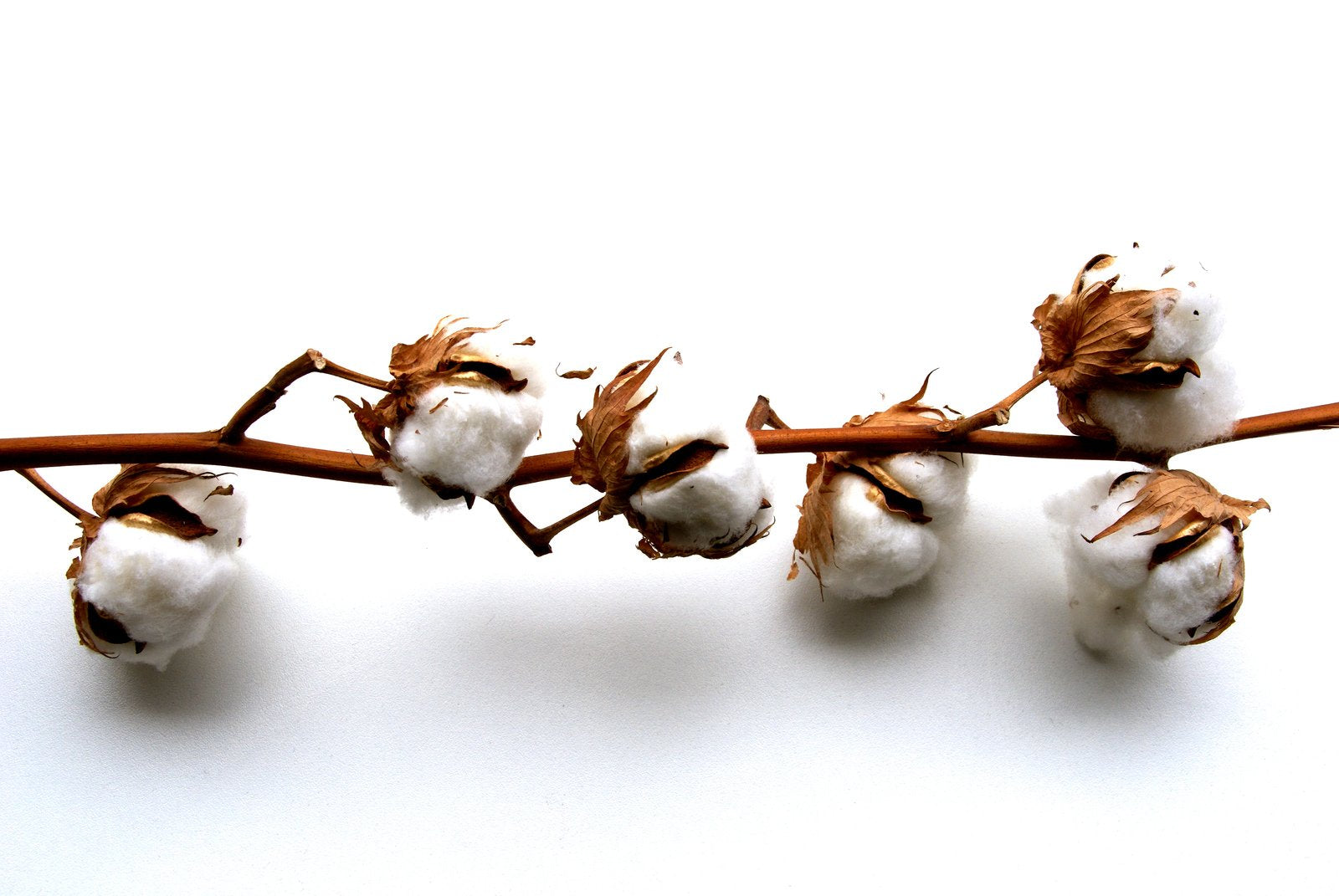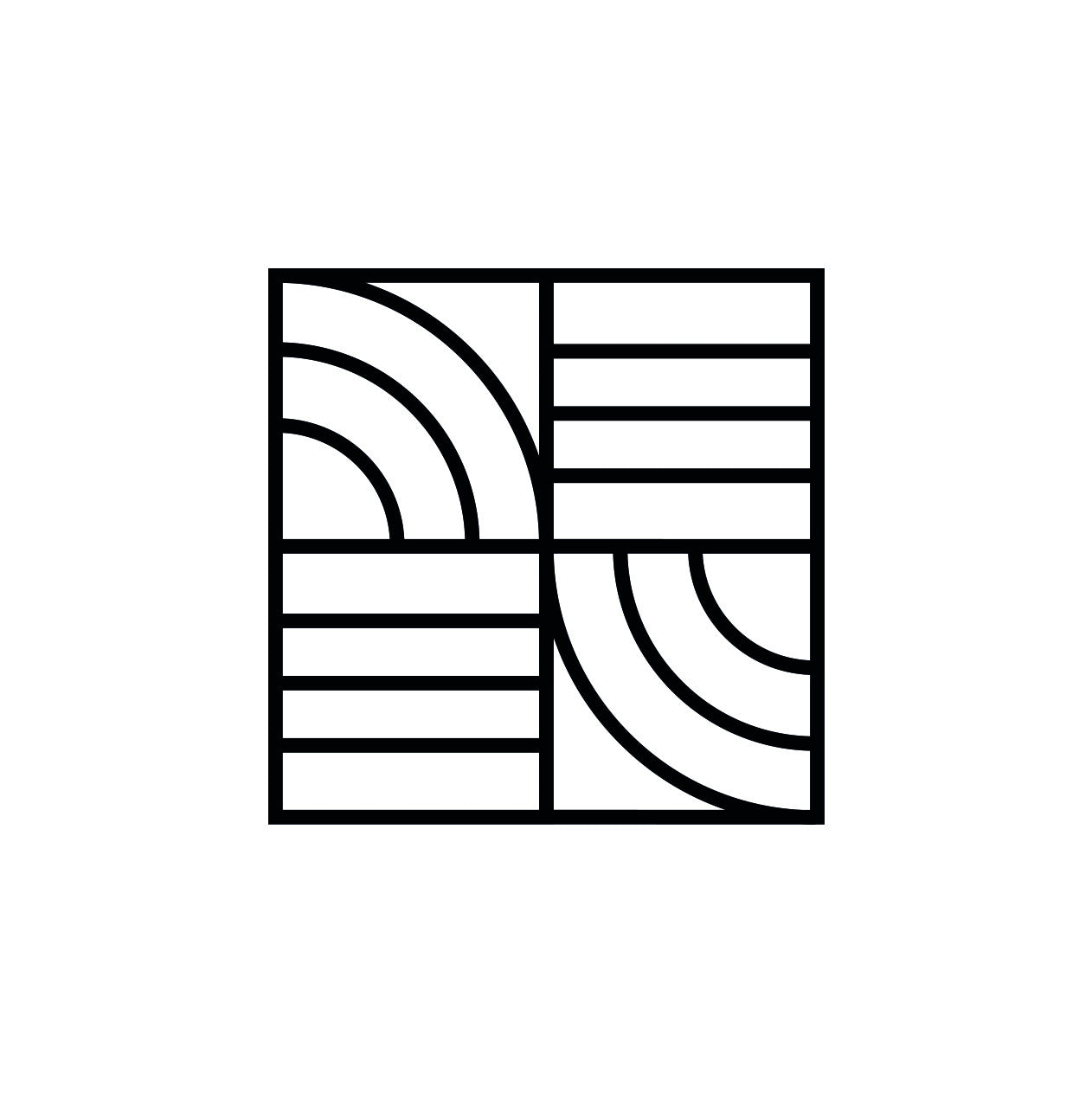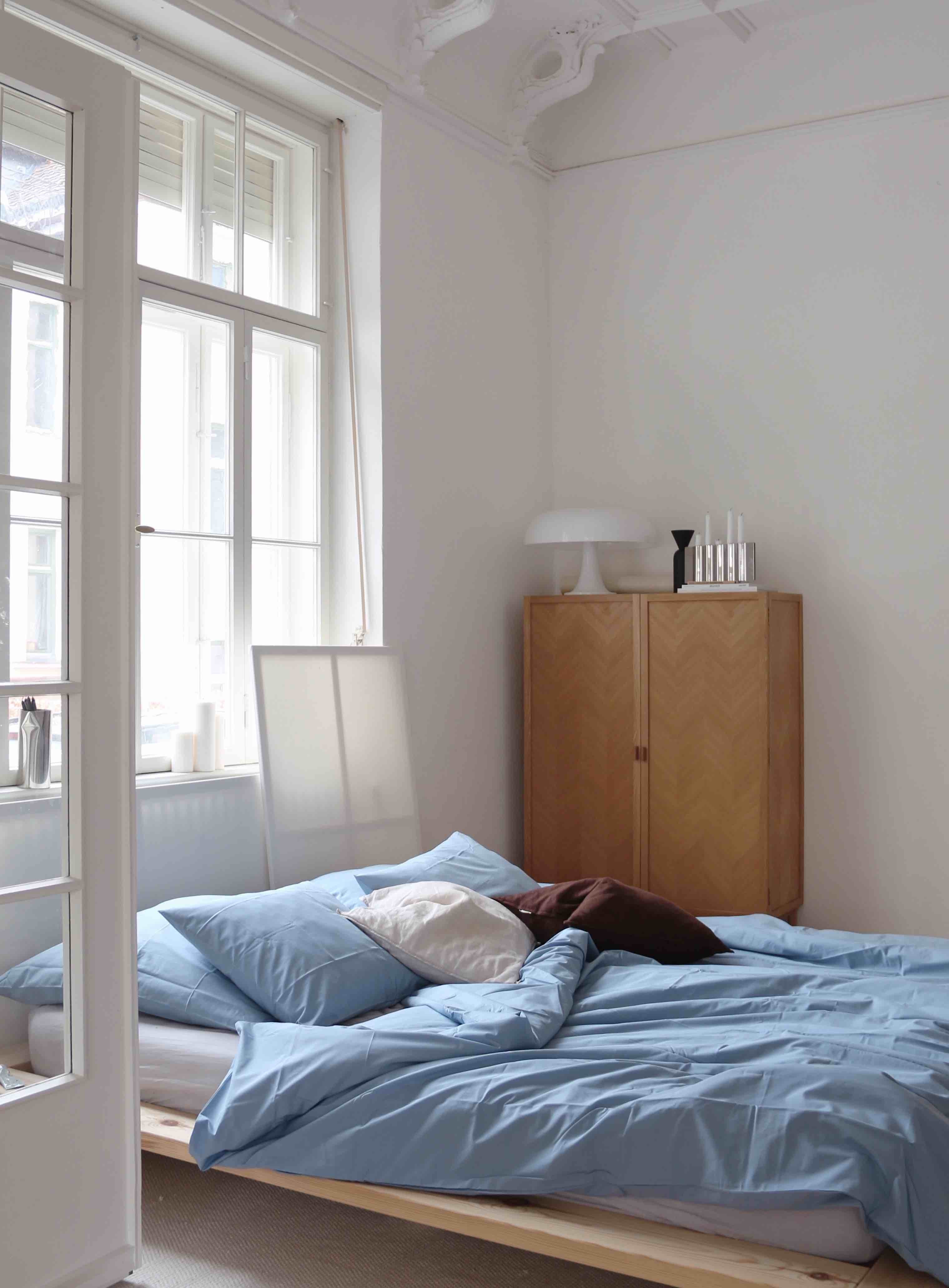What is Supima cotton?
Supima (which stands for Superior pima) is the crème de la crème of all cottons. Supima cotton is very rare- In fact, less than 1% of the cotton grown in the world is Supima cotton.
So what makes Supima the best cotton in the world?
When it comes to cotton, size does matter. The longer the fiber, the better.
Supima’s extra-long staple fibers (also known as ELS) make it stand out among all other cottons in terms of strength, softness and color retention:
Strength & Durability- The typical fiber length of regular cotton is 1 inch whereas Supima is about 1.5 inches, thus making Supima cotton twice as strong compared to regular cotton. Shorter fibers result in weaker yarn that breaks, pulls, and tears easily. Supima’s ELS fibers are more resilient and durable than those of regular cotton, and products made of Supima also maintain their shape much better.
Softness - The extra long fibers turn into an incredibly soft and smooth fabric that prevents pilling. And the best part? Supima fabric gets softer and softer with each wash.
Color Retention- Fabrics made of Supima cotton absorb dye much better than regular cotton, resulting in deeper, richer colors that will retain their vibrancy for many years to come and will not fade after washing.
The Supima fabric we use is a percale fabric with 300 thread count, making it not only light and breathable, but also cool and crispy to the touch.
To learn more about why we are such big fans of percale you can read our previous post: Percale | The secret of a good night’s sleep.
Supima cotton vs Egyptian cotton
Unlike Egyptian cotton, the high quality of Supima cotton is consistent. Supima is always made of extra-long staple cotton. The term ‘Egyptian cotton’ on the other hand only refers to the country of origin, rather than to the quality of the cotton. In fact, a very small percentage of cotton coming from Egypt is of extra-long staple quality. It is mostly long-staple or regular cotton.
The Cotton Egypt Association, which is responsible for protecting the Egyptian cotton trademark and for certifying suppliers, believes that around 90% of so called Egyptian cotton does not actually come from Egypt, but from other countries like China or India.
Supima cotton, on the other hand, is always certified by the Supima organization. From fiber to the final product, every step is being followed and controlled, to ensure a consistently premium quality. It also makes it possible for them to work effectively with sustainability, social, and economic matters.
Supima’s origin
Supima cotton is grown only in the USA: in San Joaquin valley, California (93%), but also in Arizona (3%), New Mexico (2%) and Texas (2%).
It is grown by roughly 500 family owned farms, many of them are now run by 2nd and 3rd generations.
Supima was first developed in 1911 when an experimental farm in Sacaton discovered a cotton plant with an extra-long staple fiber which was particularly strong and soft. This plant is known as Pima.
In 1954 the Supima organization was established by a group of American farmers, as the demand for American grown Pima cotton grew constantly. By then Supima had earned its reputation for being America’s most luxurious fiber. By 1988 Supima cotton was also being recognized as the best cotton and the number one choice of Swiss and Italian high-end spinners.
Today, Supima is being exported all over the world, supplying leading retail companies, premium brands and top fashion houses with the best cotton in the world.
Sustainability
Supima farmers are proud of their long legacy and invest a lot of time and energy into ensuring the health of the soil and water they’re using in their farming. They work hard to maintain the soil’s fertility and increase productivity.
Here you can read more about Supima’s efforts in water management and soil conservation.
They use some of the most advanced technology available and work to a high standard of environmental and ethical principles. GPS navigation, satellite technology and soil monitors help Supima farmers to meet their goal of growing the highest quality of cotton, with the least impact on our planet.
Zero waste- 35% of the Supima cotton plant consist of fibers, but all other parts are used too. The seeds are used to create cottonseed oil. After the seeds are extracted, they are used to feed livestock. After harvest, Supima farmers must clear the field from all plant material to avoid pests. They do that by ensuring they use all parts of the plant, including the stalks, stems and the leaves, thus resulting in zero waste.
On the top of being luxuriously soft, products made of Supima cotton are strong and durable, and together with their ability to maintain their form and color vibrancy, they are considered a very sustainable choice for cotton lovers everywhere.
How to Care for your Supima?
Products made of Supima can be washed the same way as those made of regular cotton. The difference here is that unlike regular cotton, Supima only gets softer and softer with each wash.
Use, Enjoy and Repeat.
Get our Supima collection here.






